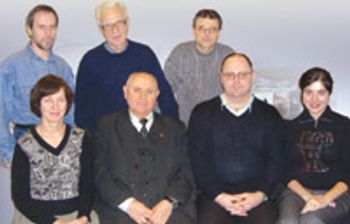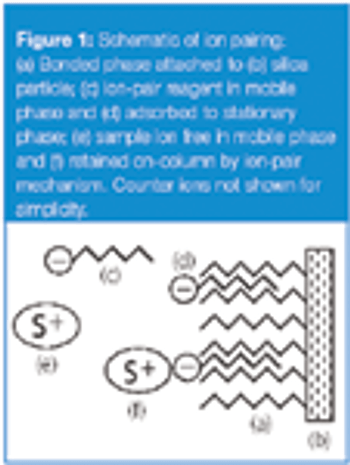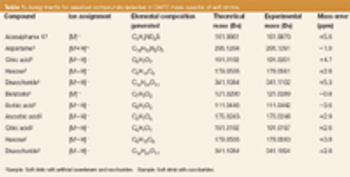The potential of the time-of-flight mass spectrometry (TOF-MS) to innovate the analysis of soft drinks is described using gas chromatography (GC) hyphenated to TOF-MS and a new type of ion source, direct analysis in real time (DART), coupled to high-resolution TOF-MS. Head-space solid-phase microextraction (SPME) was used to isolate/extract volatile compounds followed by GC–TOF-MS to identify tainted compound in contaminated soft drinks. Direct analysis in real time–time-of-flight mass spectrometry (DART–TOF-MS) was also used to obtain negative and positive ion profiles of different soft drinks to determine the presence of various compounds, including antimicrobial preservatives, artificial sweeteners, acidulants and saccharides, without any sample preparation and chromatographic separation.







